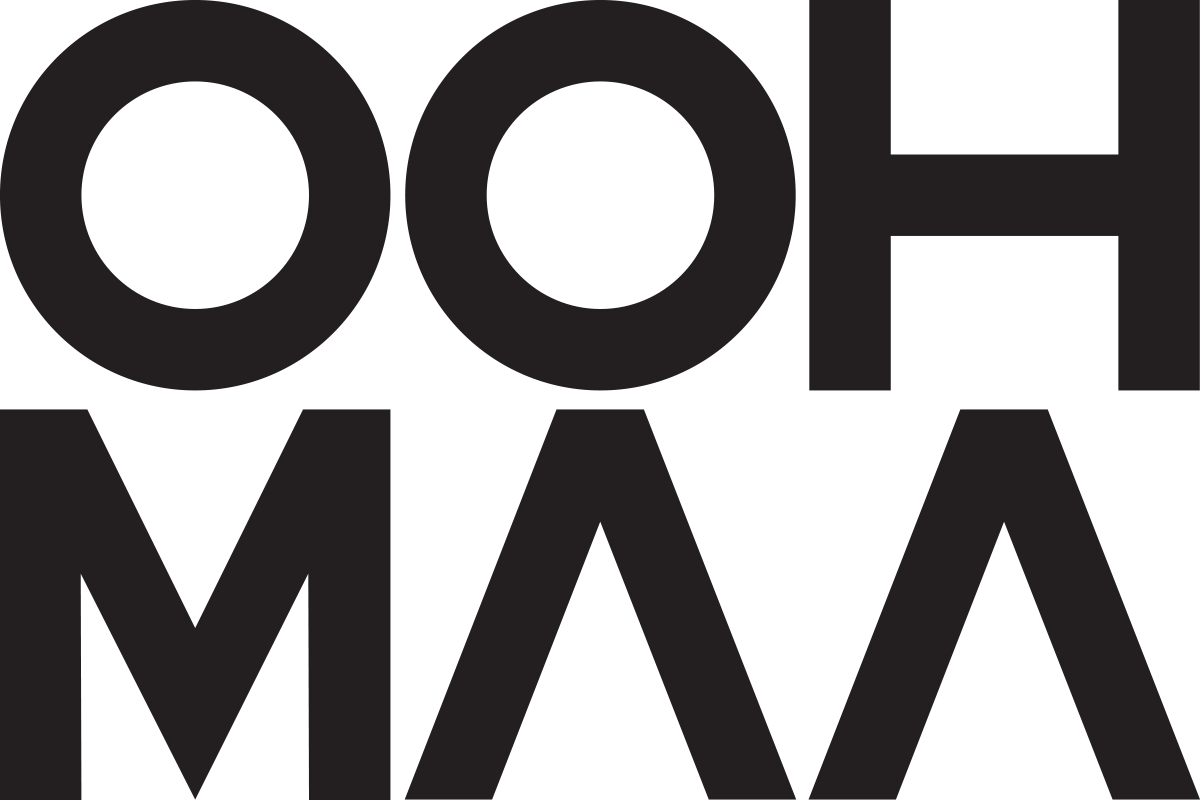We are all in - Ad Net Zero Initiative
The Out of Home industry has been on a decarbonisation journey for many years, is potentially the most advanced channel as far as reducing its impact on the environment and is continuing to develop initiatives in this space so, as the industry body, OOHMAA is proud to be part of the steering group driving the Ad Net Zero initiative in Aotearoa along with New Zealand Advertisers Association (ANZA), Advertising Producers Association (APA), Commercial Communications Council (CCC), Energy Efficiency & Conservation Authority (EECA), Interactive Advertising Bureau (IAB), Radio Broadcasters Association (RBA), and Television New Zealand (TVNZ).
Led by the Comms Council, Ad Net Zero recently launched in Aotearoa, New Zealand, with a mission to accelerate the decarbonisation of the advertising industry down to ‘net zero’.
Launched first in the UK in late 2020, New Zealand will become the fourth region globally to harness the Ad Net Zero framework to help the advertising sector reduce its greenhouse gas emissions (GHGs) and support the transition to a sustainable economy.
Ad Net Zero is a five-point action plan* that supports the transition to net zero emissions for a $3.4b industry**. It has already garnered the support of major foundation partners EECA, Go Media, Kiwi Bank, Meridian, One New Zealand, oOh! Media and TVNZ aims to:
1. Reduce emissions from advertising business operations
2. Reduce emissions from advertising production
3. Reduce emissions from media planning and buying
4. Reduce advertising emissions through awards and from events
5. Harness advertising's power to support behaviour change.
Supporters must have created a greenhouse gas emission inventory within the first 12 months of becoming a Supporter and a science-based target in line with the Paris Agreement and an emissions reduction plan by year two.
Additionally, Supporters are invited to participate in working groups that will collaborate on efforts to streamline industry efforts, such as agreeing on a consistent measurement approach for ad-related emissions.
Hon. James Shaw, Minister of Climate Change, attended the special launch event in Auckland today.
“While advertising’s emissions represent a fraction of other sectors, it can collectively make a unique contribution that is vital to the climate change conversation by reaching the hearts and minds of consumers and driving behaviour change,” he said.
A steering group made up of representatives from across New Zealand’s advertising industry supply chain is leading the Ad Net Zero initiative***.
Steering group spokesperson Simon Lendrum, Chief Executive of the Commercial Communications Council, says, “The advertising industry has proven time and again the power of collective creative thinking and innovation. Both will be essential in reducing carbon emissions across the entire advertising ecosystem.
“Individually, many organisations in the sector are already playing their part, but the Ad Net Zero initiative is about deep sector-wide collaboration – and supporting those just starting their journey,” he says.
As well as foundation partners, the initiative has early agency support from Clemenger Group, DDB, Dentsu, FCB, Federation, Harvey Cameron, Hearts and Science, Lassoo, MBM, OMD, PHD, Quantum Jump, Saatchi & Saatchi, Spark Foundry, True, VMLY&R and YoungShand.
The advertising sector in New Zealand employs an estimated 44,000. The Ad Net Zero framework supports a future in which ads are made by sustainable businesses, using sustainable production processes, and distributed through sustainable media supply chains while promoting sustainable products, services and behaviours.
For more information, visit: adnetzero.co.nz
*Ad Net Zero's detailed five-point action plan:
1. Action 1: Reduce emissions from advertising business operations
Action 1 aims to reduce emissions from the operations of advertising businesses. It calls for agencies and marketing services companies to annually measure consumption data, for example, electricity usage, business travel, waste production, so it can reduce operational carbon emissions.
2. Action 2: Reduce emissions from advertising production
All agencies and production companies – with client support – will be encouraged to commit to reducing emissions from advertising production.
3. Action 3: Reduce emissions from media planning and buying
Media agencies, media owners and clients will be encouraged to work together to develop and implement lower carbon media plans. Ad Net Zero is collaborating with GARM and the WFA to develop a consistent data framework and methodology to calculate the emissions from media planning and buying.
4. Action 4: Reduce advertising emissions through awards and from events
Action 4 of the Ad Net Zero plan challenges industry awards bodies to ensure that the sustainability credentials and climate impact of campaigns inform judging. In 2023, sustainability criteria were introduced into every award entry at Cannes Lions, with Ad Net Zero working closely with the Cannes Lions team, to help analyse award entries and see how and where the industry is taking steps to be more sustainable.
5. Action 5: Harness advertising’s power to support behaviour change
Our ambition is that agencies and their clients increasingly work together to measure the carbon impact of campaigns, use advertising to promote more sustainable choices between competing products and services, to back innovations that deliver greener solutions to people’s needs and desires, and to persuade society to adopt behaviours that reduce carbon emissions.
**Industry value: New Zealand Advertising Industry Revenue Report 2022
*** A steering group made up of New Zealand Advertisers Association (ANZA), Advertising Producers Association (APA), Commercial Communications Council (CCC), Energy Efficiency & Conservation Authority (EECA), Interactive Advertising Bureau (IAB), Out of Home Media Association (OOHMAA), Radio Broadcasters Association (RBA), and Television New Zealand (TVNZ) are driving the Ad Net Zero initiative in Aotearoa.

